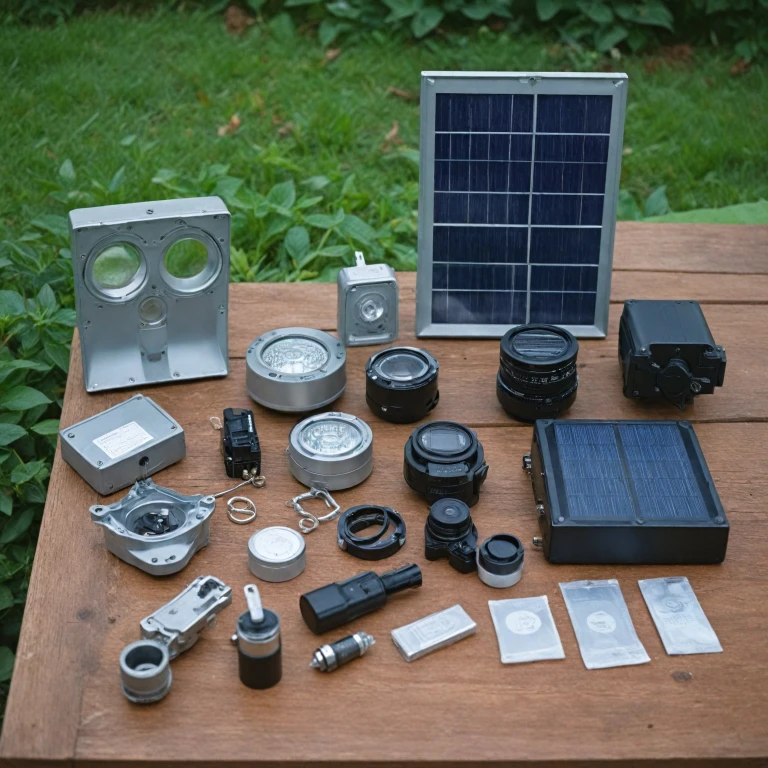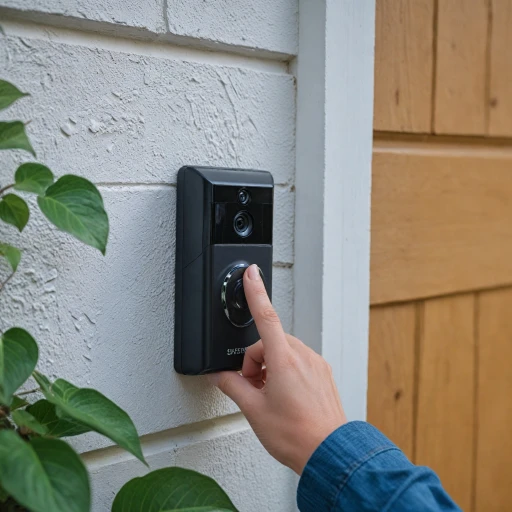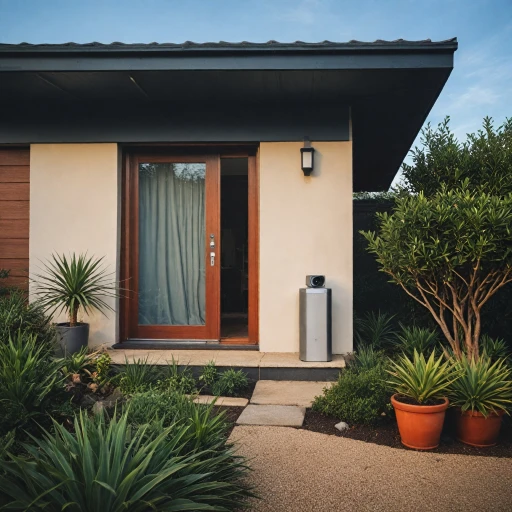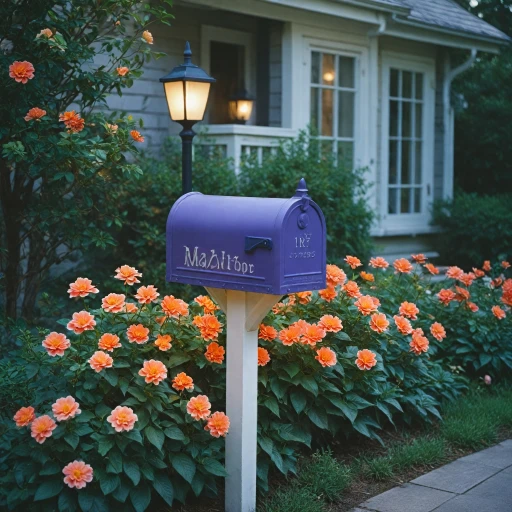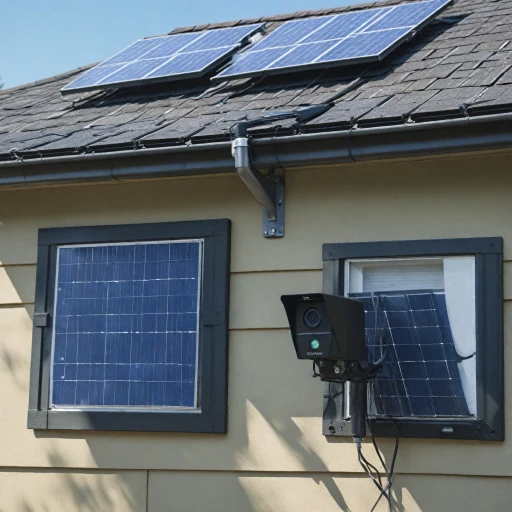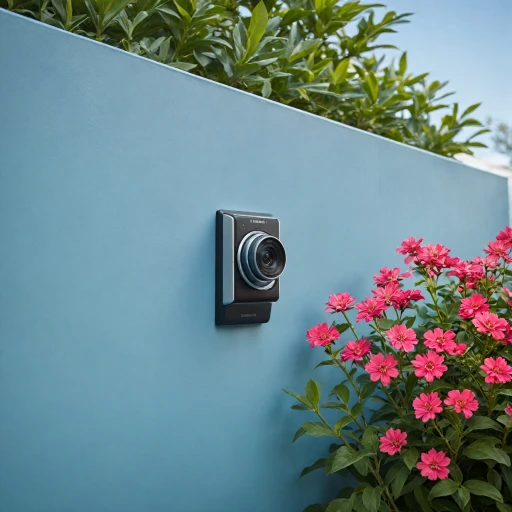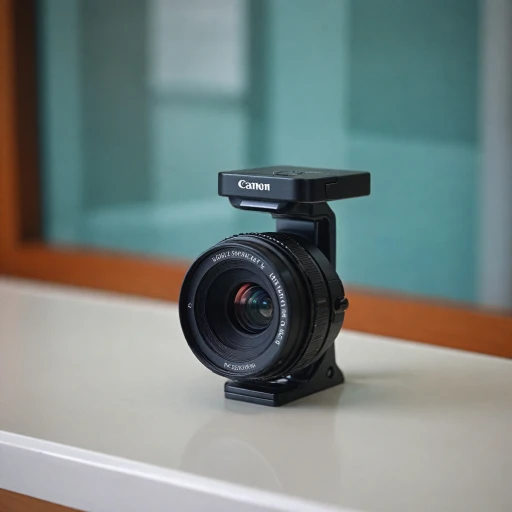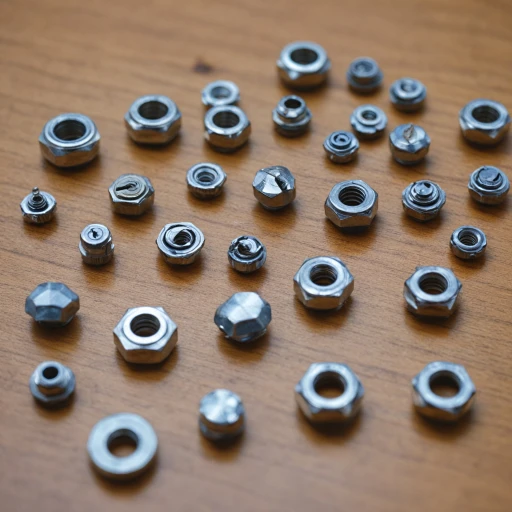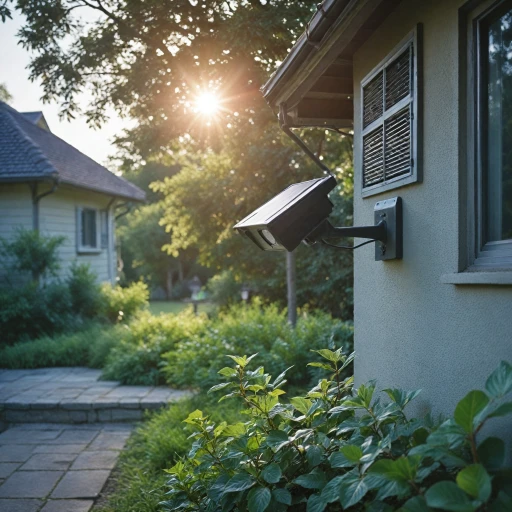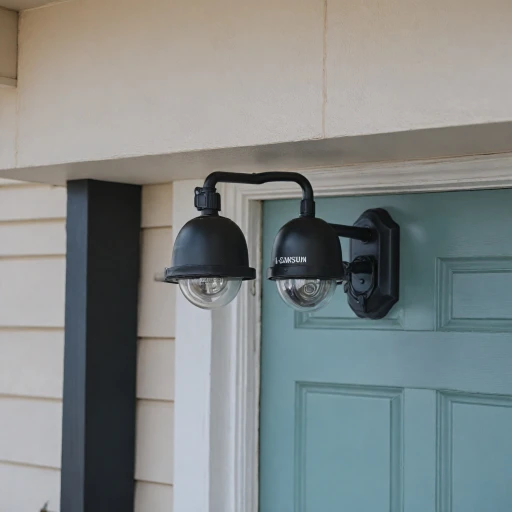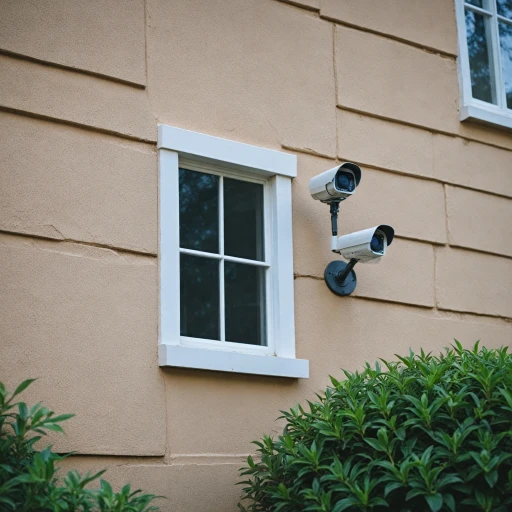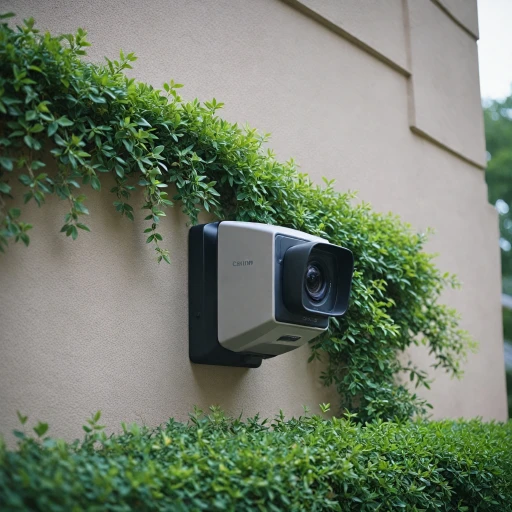
The Role of Solar Light in Ring Camera Systems
Integrating Solar Energy: A Boost for Your Ring Camera
In recent years, leveraging solar energy for outdoor lighting and security systems has become increasingly popular. The integration of solar lighting with Ring camera systems marks a significant advancement in security technology, offering consistent power for monitoring and recording activities around your property. When you choose to integrate solar energy, you're not just considering environmental benefits, but also operational efficiency and cost-effectiveness in replacement and maintenance.
Utilizing solar power ensures that your Ring cameras remain active, even in the absence of traditional power sources. With a reliable solar panel setup, power shortages or unexpected outages become a non-issue. Investing in quality light parts like LED panels and solar panels enhances the durability and performance of your Ring camera system, especially in outdoor settings where these components face various environmental challenges.
The ROI for these systems is notable. Despite the upfront price of acquiring solar lighting parts, the savings on electricity bills over time make them cost-effective. Furthermore, features such as waterproof capabilities and robust construction are essential to maximize longevity and maintain optimal performance through all weather conditions.
When considering solar lighting for your Ring camera, it’s crucial to evaluate aspects like the availability of replacement parts, delivery options, and price competitiveness. Before purchasing, ensure that the components, from the LED to the waterproof panels, are compatible with your existing setup and available in a convenient pack.
With all these components working harmoniously, you not only achieve a sustainable and efficient outdoor lighting solution but also enhance the security measures of your property with dependable power options.
Identifying Essential Solar Light Spare Parts
Crucial Components to Keep Your Solar Light System Running
A comprehensive understanding of the various parts of your solar light system for Ring cameras is essential. Each component plays a vital role in ensuring that your outdoor lighting is efficient and reliable.- Solar Panels: The cornerstone of any solar-powered system. Panels collect sunlight and convert it into energy. They should be placed in direct sunlight and free from obstructions to ensure optimum power generation.
- LED Bulbs: Known for their efficiency and longevity, LED bulbs provide bright, warm white lighting. They're a cost-effective choice for maximizing lighting output while maintaining low energy use.
- Rechargeable Batteries: Quality batteries are crucial for storing energy for nighttime and cloudy days. They require regular checks and potential replacement to maintain efficiency.
- Light Sensors: These components automatically turn lights on or off based on ambient lighting conditions, ensuring optimal light usage and extending battery life.
- Waterproof Housing: Protects all components from the elements, crucial for maintaining the durability and longevity of your lights.
Common Issues with Solar Light Components
Navigating Through Common Solar Light Component Challenges
Solar light components can experience issues that may affect the performance of your outdoor ring camera system. The top challenges users encounter include difficulties with power delivery, weather-related damage, and wear and tear over time. Ensuring your solar panels remain in optimal condition is essential for efficient power transfer. Dust or debris can accumulate on the panels, hindering their ability to collect sunlight effectively, thus reducing the power output.
Waterproof issues can arise during extreme weather conditions. Despite being designed for outdoor use, continuous exposure to rain or snow can lead to water ingress, which can damage the internal parts over time. Checking for proper seals and ensuring that protective covers are intact can prevent water damage.
Another common problem is related to the solar lights, where LED bulbs might burn out or become less efficient after extensive use. Light replacement becomes necessary when this occurs to maintain optimal lighting conditions around your camera setup.
Regarding parts solar, the replacement top of solar lanterns or the extension cable might wear out with frequent use, impacting the connectivity and power delivery to your Ring device. Regular inspections can identify these common issues early on. For additional insights on enhancing your Ring camera setup with the right mounting solutions, you might want to explore this detailed guide.
Where to Source Quality Solar Light Spare Parts
Finding the Best Quality Solar Light Spare Parts
Upgrading or maintaining your ring camera system with the right solar light components is crucial for its efficiency and longevity. The solar light spare parts market is vast, offering various options like solar panels, LED lights, and replacement tops. Here's a guide to help you find where to source these essential components:
- Dedicated Online Retailers: Platforms like Amazon and eBay offer a wide range of solar light parts, including everything from waterproof lights to light replacement packs. Make sure to check customer reviews and ratings to ensure a quality purchase.
- Specialist Stores: For those who prefer shopping offline, specialist garden and lighting stores often provide high-quality outdoor solar lanterns and solar panels. Here, you can get more personalized advice and see the parts in person.
- Manufacturer Websites: Many top ring camera manufacturers offer direct sales of replacement parts. This often ensures compatibility and reliability, as well as professional guidance on the best solar lighting options for your setup.
- Local Hardware Stores: Local stores are a great source for immediate needs, such as extension cables or a replacement LED. Often, these stores stock a curated selection of parts suitable for common solar lighting systems.
While purchasing, keep a keen eye on the specifications like waterproof ratings and power capacities to ensure they suit your specific needs. Always look out for bundle packs—these often include solar lanterns and supporting parts—which might offer better value for money and ease of installation.
DIY Tips for Replacing Solar Light Parts
Practical Steps for Installing Replacement Solar Light Parts
Replacing parts in your solar lighting system requires attention, especially when it comes to maintaining your outdoor Ring camera. Here are a few practical DIY tips:- Check the Solar Panel: Ensure the panel is clean and located in a position where it receives maximum sunlight exposure. This prevents power issues that might affect the camera's performance.
- Light Replacement: Use warm white LED replacement parts to maintain the aesthetics of your garden or yard while ensuring the lights are effective at night.
- Waterproof Considerations: Make sure that the replacement parts are rated for outdoor use. If the connections are exposed, use waterproof sealing techniques to prevent damage from rain or moisture.
- Test the Lights: After replacing any component, test your solar lights to ascertain a seamless fit and functioning. Consider running checks during different lighting conditions throughout the day.
- Extension Cable Use: For maximum flexibility, utilize extension cables to ensure your solar panels can be ideally positioned for optimal sunlight.
- Check for Sales: Regularly check for sale prices on reputable websites for quality replacement parts that won’t break the bank.
Maximizing the Lifespan of Your Solar Lights
Ensuring Longevity and Reliability for Your Solar Lights
To maximize the lifespan and efficiency of your solar lights, it's essential to adhere to some best practices that ensure reliability and optimal performance. Taking the necessary steps not only prolongs their use but also maintains consistent lighting for your outdoor spaces.- Regular Maintenance:
- Inspect your solar panels regularly for dirt, debris, or any obstructions that could affect the amount of sunlight absorbed.
- Clean the panels gently using a damp cloth to maintain their efficiency. Avoid using harsh chemicals as they may damage the surface.
- Proper Storage and Handling:
- During extreme weather conditions, such as heavy snow or storms, consider covering or storing your solar lights indoors to prevent damage.
- Ensure the waterproof casing is intact to protect the internal components from rain or humidity.
- Strategic Placement:
- Position your solar lights where they can receive maximum sunlight during the day. Avoid shaded areas to ensure they are fully charged by sundown.
- Use an extension cable if necessary to place the solar panel in a sunnier location while keeping the lighting feature in your desired spot.
- Periodic Check for Replacement Parts:
- Keep an eye on replacement parts such as the LED bulbs or batteries, which may need changing after prolonged use. Having spare parts accessible ensures you're prepared for quick replacements.
- Replacement tops or light parts can be sourced from authorized dealers or online shops that guarantee quality and genuine parts solar versions.
- Regular Upkeep:
- Consistently check the light output. If you notice a decrease, it might be time to replace the solar panels or batteries.
- Ensure connectors and wiring are secure and free from corrosion, which can affect the overall lighting and performance of your solar lanterns outdoor.
- Energy-efficient Practices:
- Utilize features like adjustable brightness levels to save power during times when full lighting isn’t necessary.
- Consider investing in a solar lantern pack that offers energy-efficient options suited to your garden or outdoor lighting needs.

